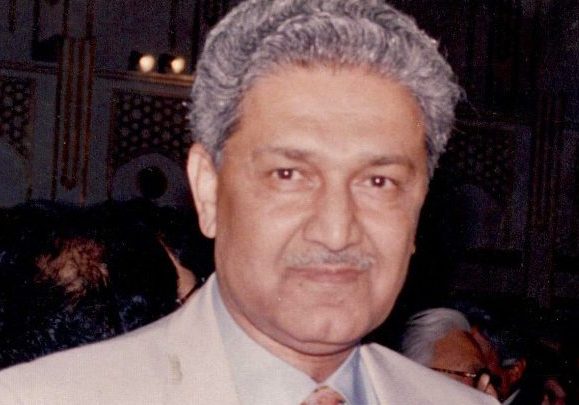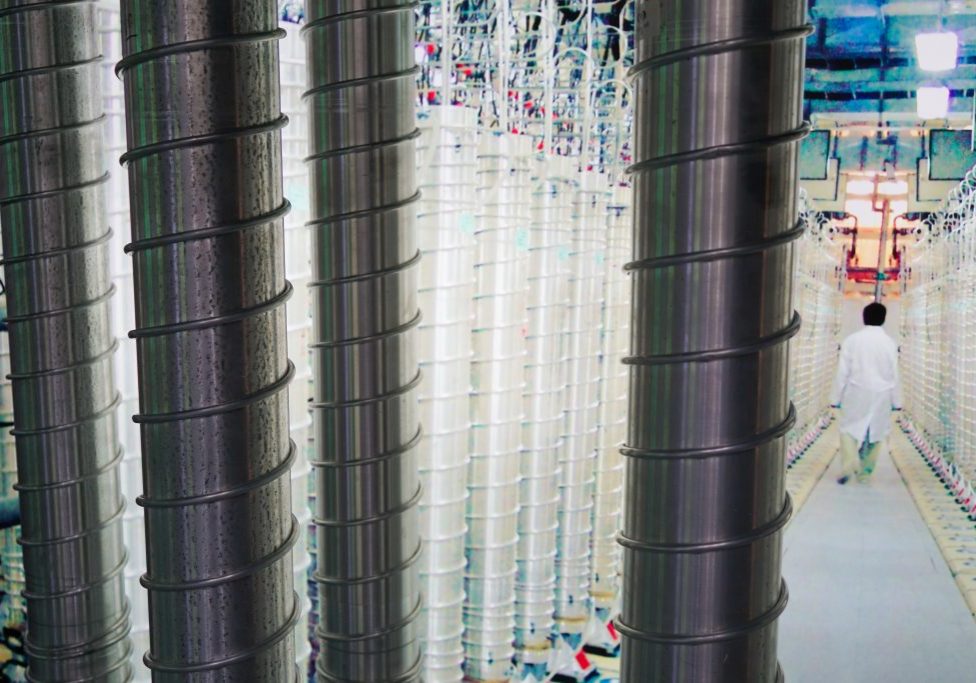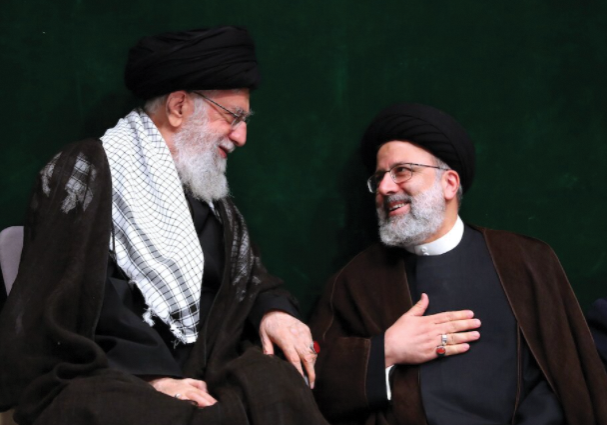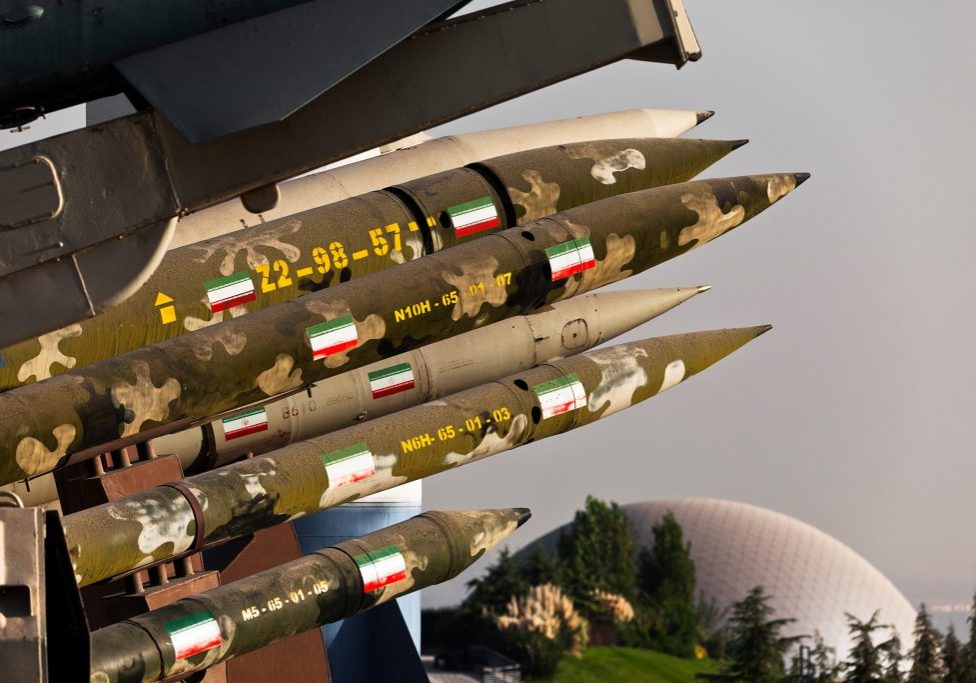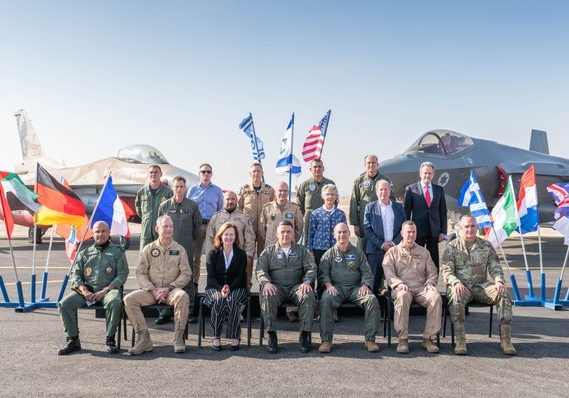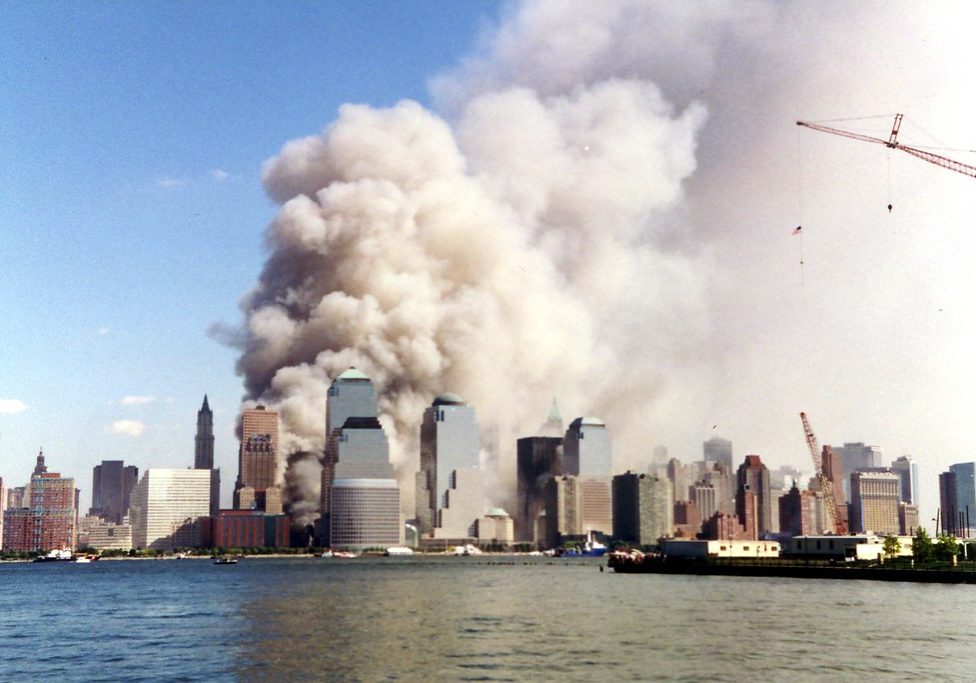Australia/Israel Review
IAEA: End of an era
Dec 18, 2009 | Efraim Asculai
By Efraim Asculai
On December 1 Dr. Mohamed ElBaradei, the three-term International Atomic Energy Agency (IAEA) director-general and the sharer, with the IAEA, of the Nobel Peace Prize, passed the keys to his office to his successor, Ambassador Yukiya Amano of Japan. It is not possible to describe his controversial term of office in one or two sentences. Yet, he will probably be remembered as the director-general who politicised his position more than any of his predecessors.
The IAEA is a technical organisation, with many technical duties, from the peaceful uses of nuclear techniques, in medicine and agriculture, to mention but two of the many useful areas that employ these techniques, to guiding the safe use of nuclear power reactors.
In addition, however, the IAEA was entrusted by the Nuclear Non-Proliferation Treaty (NPT) to verify, through inspections, that the Non-Nuclear Weapons States (NNWS) are not engaged in the illicit development of nuclear weapons. Although the IAEA’s achievements in its purely technical tasks are impressive, it has failed in many of its non-proliferation duties.
The interpretation of the findings of the safeguards inspectors failed conspicuously in two areas: Not all findings were reported to the IAEA member states, and the interpretations of the findings were not only technically based, they were biased in their leniency toward some of the inspected states.
Moreover, the IAEA chief, in his reports to the board of governors did not explicitly transfer the burden of proof to the inspected states, when they did not provide satisfactory answers to findings that unequivocally implied non-compliance with the NPT. Two cases in point were Iran and Syria. In the case of Iran, he refrained from indicting it for its “technical” misdemeanours (according to his judgment) and, for years, kept begging Iran for serious replies to questions concerning information indicating the development of nuclear weapons. He did so instead of putting an end to this by the timely transmission of these serious issues to the Security Council for judgement.
In addition, there are reports that he kept to himself information concerning the weaponisation part of the Iranian nuclear project. The fact that the information was not released, and the issue of the unanswered questions was not transmitted to the Security Council gave Iran the precious time it needed for advancing its uranium enrichment program, getting closer to the ultimate target of having the potential to produce nuclear weapons in short order.
A serious shortcoming of the interpretation of the results of inspections in Iran was the repeated statement that their purpose was to verify “the exclusively peaceful nature” of Iran’s nuclear drive. Under no circumstances can this ambition be achieved in many countries, including Iran. This statement was conspicuously missing from ElBaradei’s final report on Iran.
The case of Syria is even more bizarre, in that the IAEA had all the information it needed (supplied courtesy of the American intelligence agencies) to conclude that Syria had been constructing a nuclear reactor at the al-Kibar site, similar in many respects to the North Korean plutonium production reactor. Instead, ElBaradei chose to scold Israel for not coming to the IAEA with the information, and letting it deal with the situation. This he did knowing well that the IAEA could do almost nothing about it. All it could have done was request a “special inspection,” which Syria could refuse, in the same way North Korea did.
Meanwhile, Syria could have gone on with first the construction, then with the plutonium production, while fortifying its air defences around the reactor.
While he earned his kudos for the Iraqi case in 2003, when he did not support the allegations that Iraq had an ongoing nuclear weapons development project, he lost them in his efforts to protect Iran and Syria from the same allegations. The motives for his behaviour are uncertain, and will not be speculated on here.
One thing is, however, quite sure – ElBaradei had no love for Israel. This became manifest in his speeches decrying the fact that Israel is not a member of the NPT (while forgetting the other states with the same status), blaming Israel for not supplying him with information and in general avoiding almost any contacts with Israeli officials.
A new era is beginning, and the IAEA is facing great difficulties in this area of safeguards, and the detection of activities that contradict the NNWS’s obligations not to produce nuclear weapons.
The new director-general would do well if he convenes a purely scientific and technical body, with not all participants being civil servants, to review the technical information for Iran, Syria, and any other safeguarded country the Safeguards Department of the IAEA has doubts about. Moreover, it should evaluate the probable future trends and assess both worst-case possibilities and the most probable scenario.
By doing this, and publishing its findings including the data upon which the conclusions are based, Amano will have done two important things: He will restore some of the faith in the IAEA that has been lost in recent years, and he will have set a new baseline for the assessment of new developments in the nuclear proliferation area.
Efraim Asculai is a senior research associate at the Institute of National Security Studies. From 1986 to 1992 he worked at the IAEA in Vienna. © Jerusalem Post, reprined by permission, all rights reserved.
Tags: International Security

